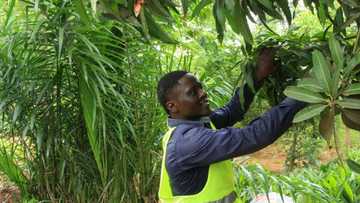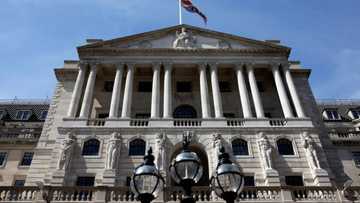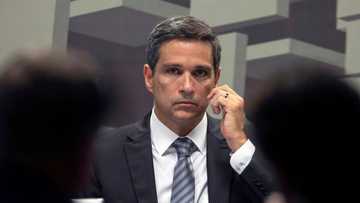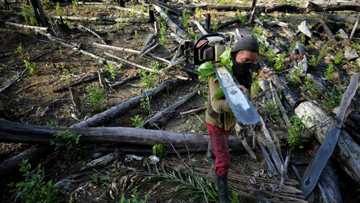The tricky challenges ahead for Kenya's next leader
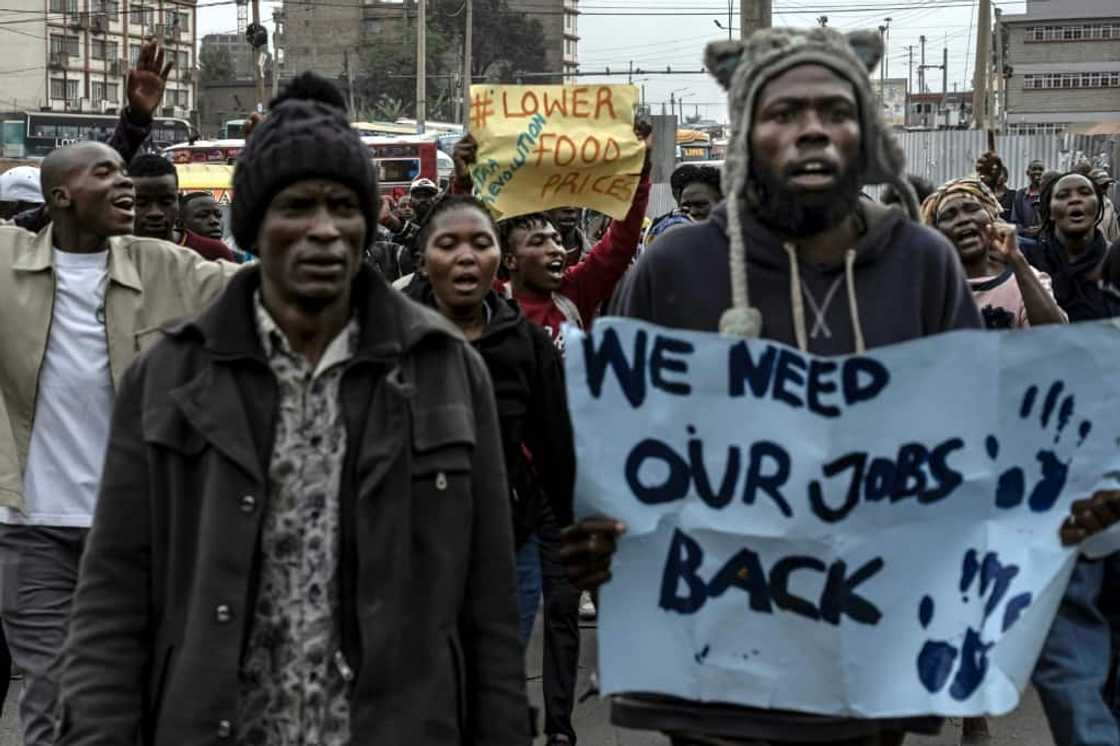
Source: AFP
New feature: Check out news exactly for YOU ➡️ find “Recommended for you” block and enjoy!
Spiralling prices, endemic corruption and a mammoth debt mountain: whoever takes the helm after Kenya's presidential elections next Tuesday will face a raft of challenges.
Cost of living crisis
"No food, no elections" -- hundreds of demonstrators took to the streets in July, vowing to shun the ballot box in the face of ever-higher fuel and food costs.
Inflation has soared, hitting a five-year high of 8.3 percent in July.
The government in May raised the minimum wage by 12 percent and last month pledged to halve the price of maize (corn) flour used to prepare ugali, a dense porridge that is Kenya's staple food.
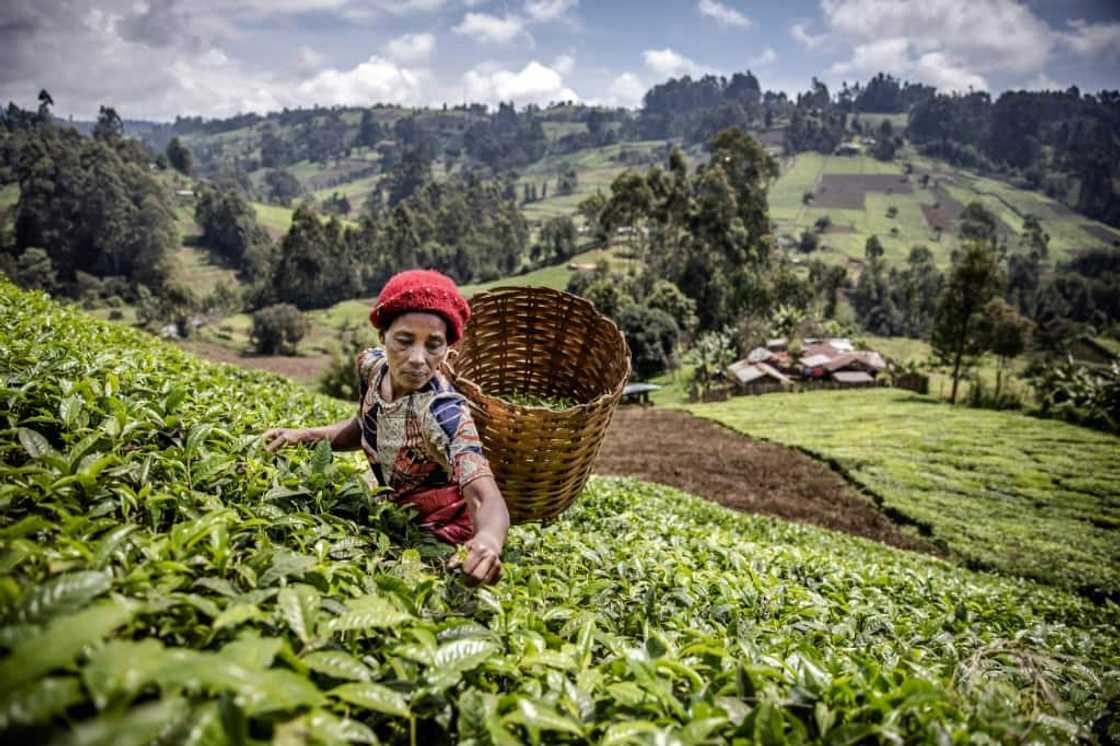
Source: AFP
PAY ATTENTION: Never miss breaking news – join Briefly News' Telegram channel!
But such measures are temporary, "populist and "simplistic", said Jared Osoro, an economist at the University of Nairobi.
The conflict in Ukraine and its impact on global food and energy prices have clouded prospects for recovery in the East African powerhouse.
From 7.5 percent in 2021, growth should average 5.2 percent in 2023-2024, according to the World Bank, which also forecasts a deterioration in Kenya's trade balance this year.
Kenya usually imports a fifth of its grain from Russia and 10 percent from Ukraine, according to official figures.
Agriculture -- the backbone of the economy that contributes over 20 percent to GDP -- is suffering from soaring fertiliser prices and is also threatened by a punishing drought.
Debt mountain
By 2050, half of Kenya's population will live in cities, which will lead to "a myriad of challenges" including providing education and access to healthcare, according to British charity Oxfam.
It says more than a third of Kenya's 17 million poor live in urban areas, mostly in informal settlements.
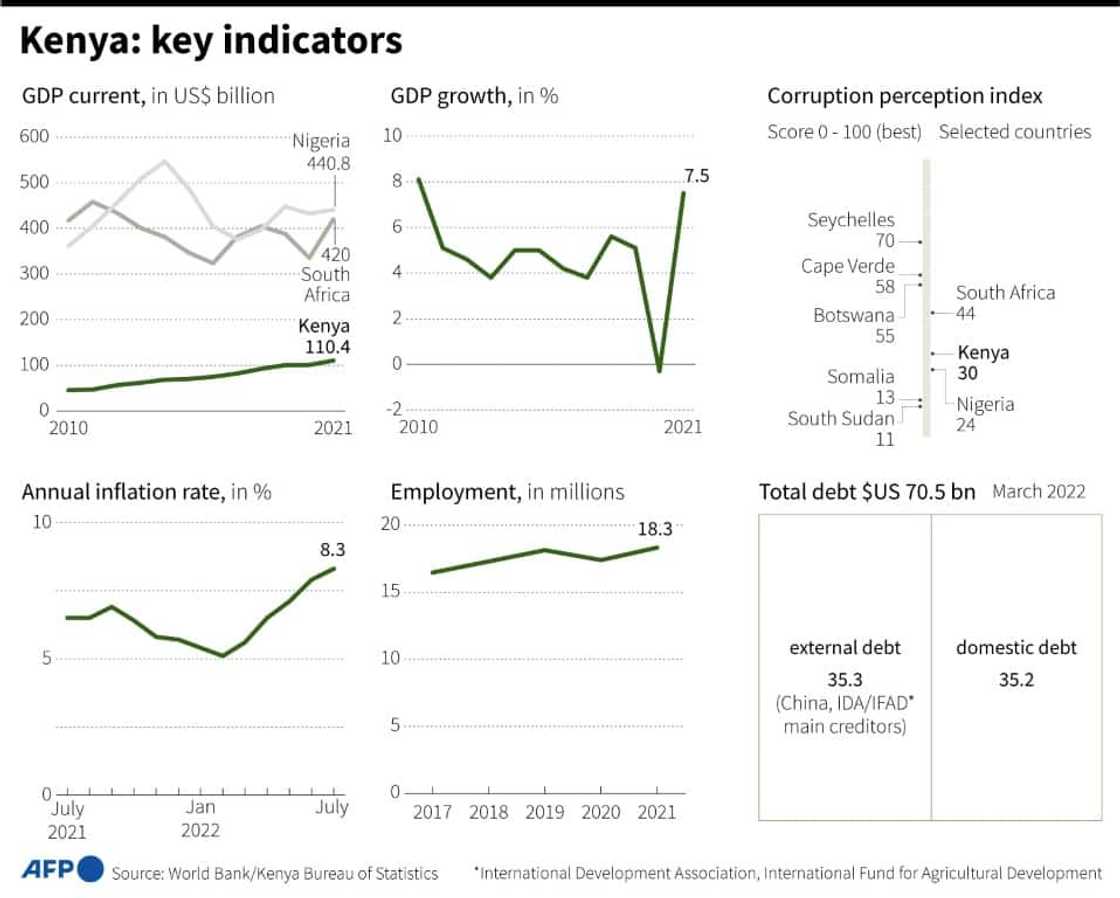
Source: AFP
To promote development, successive governments since 2008 have pursued an ambitious programme dubbed Kenya Vision 2030 that focuses on major infrastructure projects.
As a result, debt has more than quadrupled to about $70 billion during outgoing President Uhuru Kenyatta's near decade in office. The figure amounts to nearly two-thirds of the country's GDP in 2021.
China is now Kenya's second largest creditor after the World Bank, notably lending $5 billion for a railway linking Nairobi to the Indian Ocean port of Mombasa.
The International Monetary Fund (IMF) said Kenya's economic turnaround and improved tax revenues made it more resilient to external "shocks".
Even so, "Kenya remains at high risk of debt distress", IMF mission chief Mary Goodman warned last month.
Corruption
Kenya's fight against graft has "stagnated" says Transparency International, which ranked the country 128th out of 180 in its 2021 corruption perceptions index.
Last year, Kenyatta said at least two billion shillings ($16.8 million) was stolen each day from the government.
The country's Ethics and Anti-Corruption Commission (EACC) has even linked around 240 election candidates to graft.
Alexia Van Rij, author of a report on Kenyan corruption for a French think tank, said nevertheless that judicial and anti-graft bodies had been bolstered and there was a greater media focus on the problem.
Last month, a candidate for deputy president was ordered to forfeit the equivalent of $1.7 million after he could not explain the source of the money.
Dozens of senior officials have been charged since 2018, including ex-finance minister Henry Rotich, but "no big fish" have been convicted, said Van Rij.
Youth 'time bomb'
With three quarters of the population under the age of 34, young people are one of Kenya's key assets, but many struggle to find jobs.
About 500,000 students obtain a higher education diploma every year. But corruption, nepotism or the demand for experience are all obstacles to their entry into working life.
According to census figures published in 2020, five million young people were without jobs.
The youth are a "demographic, social and economic time bomb", says independent public policy researcher Alex Awiti.
He called for greater government incentives for the private sector and job training, in a nation where 80 percent of the workforce is in the informal sector.
Uniting the nation
Speculation is rife that the election may not be decided on August 9, with a run-off to be held if no candidate wins more than 50 percent of the vote, and court challenges to the results almost certain.
Disputes over previous elections have stoked deadly violence and there is strong pressure on the leading candidates to ensure calm.
For the first time since 2002, the next head of state will not be from the Kikuyu tribe, the biggest of Kenya's more than 40 ethnic groups and the most politically and economically critical.
However the two favourites -- Raila Odinga, a Luo, and William Ruto, a Kalenjin, have both chosen Kikuyu running mates.
Tribal politics have long been a feature of Kenyan elections, but this year the economic crisis and disenchantment with the political elite are also high on people's minds.
New feature: check out news exactly for YOU ➡️ find "Recommended for you" block and enjoy!
Source: AFP

